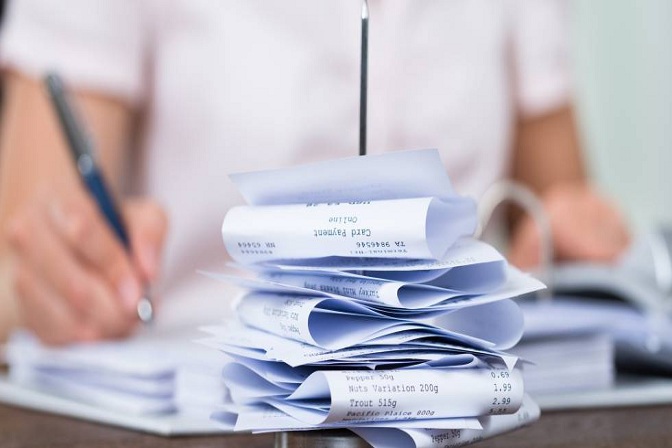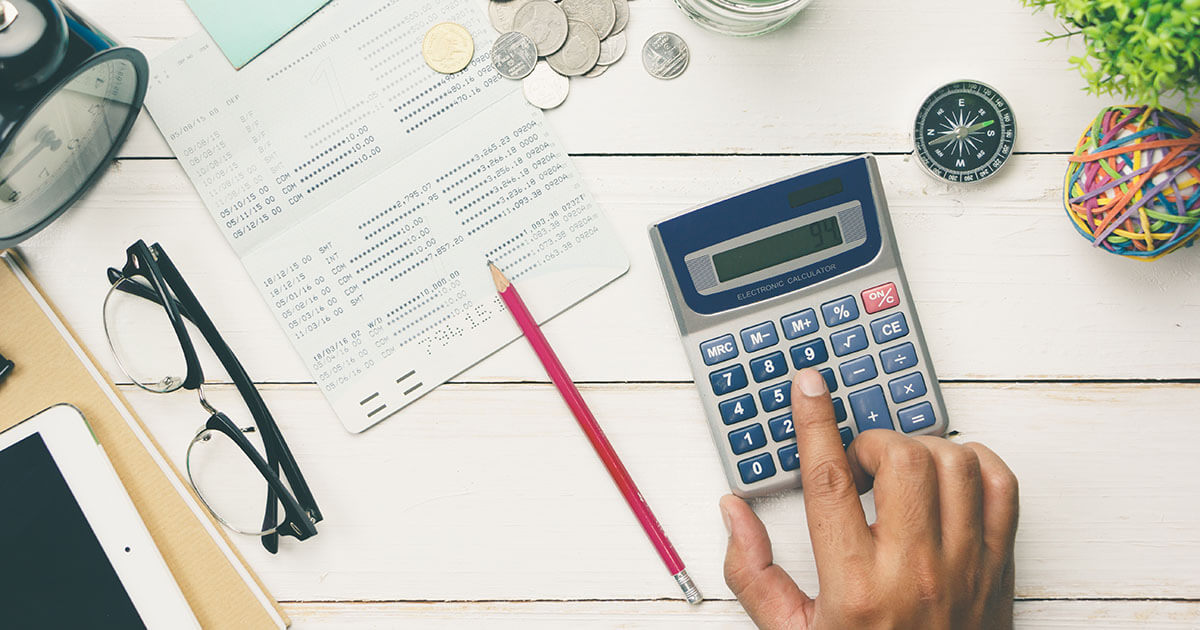
Through this post we will try to explain everything related to the concept of
“investment of the taxable person in vat”,
with the aim of solving any doubt regarding this exception in the VAT rule.
And although the usual thing is to issue and receive invoices composed of a tax base, a tax rate, a VAT fee and a total billing, there are also invoices that lack a VAT type and fee,in which the investment of the taxable person appears.
You are interested in:
What is the reverse charge in VAT?
As the name suggests, the concept of the taxable person’s reversal of VAT refers to VAT,and is based on an alteration of the general rule as to who has the status of taxable person for this tax.
That said, the taxable person is a natural or legal person who, as a professional or entrepreneur, issues an invoice with which the VAT is passed on to his client,subsequently proceeding to deliver to the Treasury all the VAT collected every three months.
The person who issues the invoice is the one who re-enters the VAT, having to subsequently file the tax return, as well as pay the corresponding VAT to the Treasury.
There are also certain cases, which are provided for in article 84 of the VAT Law, in which you will be the recipient of the invoice in which you will be responsible for declaring and paying the VAT to the Treasury.
In short, we could say that when issuing an invoice applying the reverse charge, it will be the customer who will be in charge of the self-assessment of the VAT of the invoice.
When can invoices be issued with the taxable person’s reversal of VAT?

In order for invoices to be issued with the taxable person’s reversal of VAT, it is necessary that the recipient of the transaction be an entrepreneur or a professional. This means that there could be no reversal by the taxable person if the recipient of the transaction was an individual.
If the recipient of the transaction is a businessman or professional, the taxable person could reverse in the following cases,which are included in Article 84 of the VAT Law.
- a) The issuer of the invoice is a businessman or professional who is not established in the territory of application of VAT (Peninsula and Balearic Islands), although with exceptions.
- (b) Delivery operations for unprocessed gold, semi-finished and grade gold products, equal to or greater than 325 thousandths.
- (c) Deliveries of new wastes from the railway industry, metals, paper, cardboard, glass; as well as semi-finished products resulting from the processing of non-ferrous metals, with the exception of nickel.
- (d) Provision of services with greenhouse gas emission rights as their object.
- e) Certain deliveries of real estate.
- f) Certain executions of work with or without contributions of material and in the assignments of personnel for its realization.
- (g) Certain deliveries involving silver, platinum and palladium, unwrought, powdered or semi-harded. The recipient of the transaction is a reseller of mobile phones, laptops, video game consoles or digital tablets.
You are interested in:
What tax deductions can be included in the bill of a self-employed person who works from home?
How does the reverse charger’s investment in VAT work?
In the event that an operation belonging to any of the cases mentioned above were to be carried out, it would be a case of investment by the taxable person in VAT, having to issue the invoice as follows:
- Issue invoice without VAT:on the invoice there will be no VAT passed on, since it will be the customer who will be responsible for declaring and paying this tax.
- Indication of the applicable regulations and express mention:a mandatory indication must be included on the invoice, relating to the fact that the transaction is affected by a case of investment by the taxable person, in accordance with Article 84 of the VAT Law.
- Total of the invoice will be equivalent to the Tax Base:as there is no VAT impact, the total of the invoice will be equivalent to the tax base, not including VAT, since the recipient will be in charge of declaring it directly to the Treasury.
In any case, it is important to note that although the issuer of the invoice is not obliged to pass on the VAT, it must reflect the amounts of these sales in form 303 of VAT (box 61) and in the annual summary, form 390.
Invoices with vat reverse for recipients
The recipients of the invoice with an investment of a taxable person of VAT must themselves pass on this tax to the quarterly VAT return, including the amount corresponding to the VAT rate of the transaction,both in the section reserved for accrued VAT and in the section reserved for deductible VAT, for the same amount in both cases.
The main advantage of the vat taxable person’s reversal for the recipients is that the final outlay to be made will be lower than if it were a normal transaction.
conclusion
The reversal of a taxable person for VAT implies that the status of taxable person falls on the recipient of the transaction, or in other words, the customer. In order to make this investment of the taxable person it is essential that the recipient is an entrepreneur or professional, and develops his activity as such.
If you have any questions about this or would like more information regarding the taxable person’s investment, please contact the tax advisors of AYCE Laborytax.








